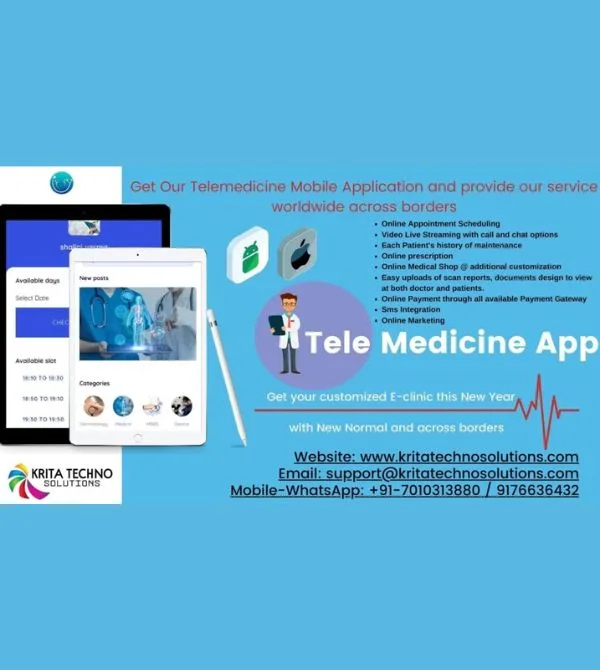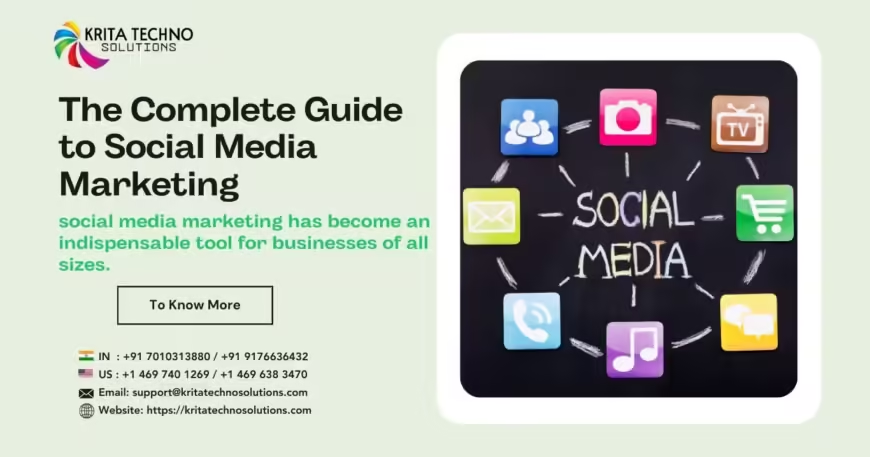In today’s digital age, social media marketing has become an indispensable tool for businesses of all sizes. From startups to established enterprises, leveraging the power of social media can significantly enhance brand visibility, customer engagement, and sales. This guide aims to provide a comprehensive overview of social media marketing, covering everything from strategy development to execution and analysis.
With 12+ years of experience in the industry and a wealth of knowledge about the latest Web technologies, media trends and best practices, we are well-equipped to help you achieve your marketing goals.
Understanding Social Media Marketing
Social media marketing involves using social media platforms to promote products, services, or content. It includes creating and sharing content, engaging with followers, and running paid advertising campaigns. The primary platforms include Facebook, Instagram, Twitter, LinkedIn, Pinterest, and TikTok, each offering unique opportunities to connect with your audience.
Setting Your Goals
Before diving into social media marketing, it’s crucial to establish clear goals. Common objectives include:
1. Brand Awareness: Increasing the visibility of your brand.
2. Lead Generation: Attracting potential customers to your sales funnel.
3. Customer Engagement: Building relationships with your audience.
4. Sales: Driving conversions and sales.
5. Website Traffic: Directing users to your website for further engagement.
Knowing Your Audience
Understanding your target audience is vital for effective social media marketing. Conduct market research to gather insights into demographics, interests, and online behaviors. Tools like Google Analytics, social media insights, and customer surveys can provide valuable data.
Choosing the Right Platforms
Not all social media platforms are suitable for every business. Select platforms that align with your target audience and marketing goals. For instance:
Facebook: Ideal for broad audience engagement and detailed ad targeting.
Instagram: Perfect for visual brands, influencers, and younger audiences.
Twitter: Great for real-time engagement and trending topics.
LinkedIn: Best for B2B marketing and professional networking.
Pinterest: Excellent for visual content, especially in niches like fashion, home decor, and DIY.
TikTok: Suitable for creative, short-form video content targeting younger demographics.
Creating a Content Strategy
A robust content strategy is the backbone of successful social media marketing. Your strategy should include:
1. Content Types: Use a mix of blog posts, videos, images, infographics, and user-generated content.
2. Content Calendar: Plan and schedule your posts to maintain consistency.
3. Brand Voice and Style: Ensure your content reflects your brand’s personality and values.
4. Engagement Tactics: Include calls to action, questions, and interactive content to encourage engagement.
Engaging with Your Audience
Social media is a two-way communication channel. Actively engage with your followers by:
– Responding to comments and messages promptly.
– Participating in discussions and relevant groups.
– Hosting live sessions, Q&A, and polls.
– Sharing user-generated content to build community trust.
Utilizing Paid Advertising
Organic reach on social media can be limited, making paid advertising essential for broader visibility. Each platform offers various ad formats and targeting options:
Facebook and Instagram Ads: Utilize detailed targeting based on demographics, interests, and behaviors.
Twitter Ads: Promote tweets, accounts, and trends to reach a wider audience.
LinkedIn Ads: Target professionals by job title, industry, and company size.
Pinterest Ads: Use promoted pins to reach users searching for specific topics.
TikTok Ads: Leverage in-feed ads, branded hashtags, and challenges to engage users.
Analyzing and Adjusting Your Strategy
Regular analysis of your social media performance is crucial for continuous improvement. Use analytics tools provided by each platform to track:
Engagement Metrics: Likes, shares, comments, and followers.
Reach and Impressions: The number of people who see your content.
Conversion Rates: Actions taken as a result of your posts, such as website visits or purchases.
Ad Performance: ROI, click-through rates, and cost per conversion.
Adjust your strategy based on these insights to optimize your campaigns and achieve better results.
Staying Up-to-Date
Social media is constantly evolving, with new features, algorithms, and trends emerging regularly. Stay updated by:
– Following industry blogs and news sites.
– Joining relevant forums and groups.
– Attending webinars and conferences.
– Experimenting with new tools and features.
Social media marketing is a dynamic and powerful tool for businesses looking to connect with their audience, build brand loyalty, and drive sales. By understanding your audience, choosing the right platforms, creating engaging content, and continuously analyzing your performance, you can harness the full potential of social media to achieve your business goals. Happy marketing!
Contact us :
📞 IN : +91 7010313880 / +91 9176636432
📞 US : +1 469 740 1269 / +1 214 705 2058
✉️ Email: support@kritatechnosolutions.com
🌐 Website: https://kritatechnosolutions.com/






